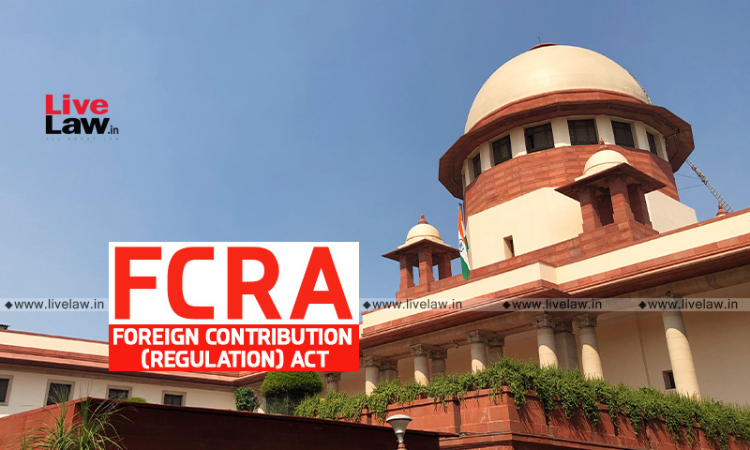Foreign Contributions Can Influence National Polity; Govt Can Completely Prohibit Acceptance Of Foreign Aid : Supreme Court
Srishti Ojha
8 April 2022 5:46 PM IST

"The charitable associations may instead focus on donors within the country, to obviate influence of foreign country owing to foreign contribution. There is no dearth of donors within our country"
Next Story


